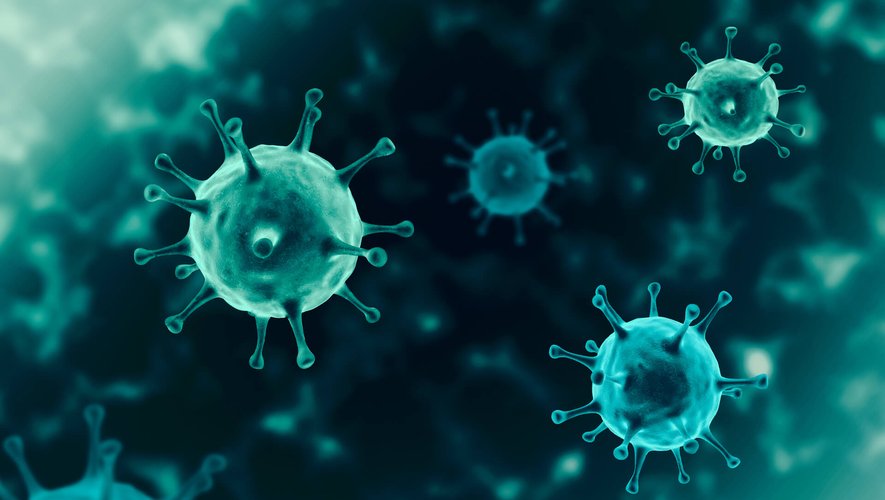How can the symptoms of Covid-19 be expressed so long after the acute phase? According to Inserm researchers, the persistence of SARS-CoV-2 in the mucous membranes would be a good explanation. And a possible way of diagnosis.
When patients with Covid-19 still show symptoms in the three months following the acute phase, we speak of estimates, since “this condition is still difficult to diagnose and treat”, relay Franco-Portuguese researchers * who have studied the subject.
How to explain that some still suffer from physical or psychological sequelae in the medium term? To find out more, Professor Jérôme Estaquier’s team analyzed the immune system of 164 patients over a period of 6 months. A total of 127 suffered from a long Covid, and still presented episodes of shortness of breath, cough, muscle and / or chest pain, or even anxiety. And 37 volunteers therefore spared by a long Covid made up the control group.
Compare the level of inflammation
The scientists went in search of CD8 cells, lymphocytes “involved in the elimination of the virus and the antibodies directed against SARS-CoV-2”. Enough to identify immune activity in real time, against which the body is defending itself.
For 72 of the participants, the researchers had in their possession blood samples taken during the acute phase of the disease. With all this material, “we were able to retrospectively compare the level of inflammation at the early stage in people who subsequently developed long-term Covid or not”, relay the scientists.
Blood markers identified in 70 to 80% of patients
According to their results, “a number of blood markers are present six months after infection in 70 to 80% of people with long Covid, while these same blood markers were rare in subjects who did not develop long form” .
Other data revealed in the study: “a subtype of CD8 (…) [est présent] in small quantities.” These latter CD8s are precisely involved in the control of the virus in the mucous membranes. Localized at the level of the pulmonary mucous membranes at first, this coronavirus “could therefore descend to the intestinal level and persist there without the immune system not manages to eliminate it completely”. The researchers were also able to make the link between an acute inflammatory response and the risk of developing Covid in its long form.
And after ? Further studies will have to be carried out on the subject, and to see to what extent this persistence of Covid in certain mucous membranes could contribute to better diagnosis and early management of long Covid.
*research teams from Inserm and Université Paris Cité in collaboration with the University of Minho in Braga (Portugal). This work was supported in France by the Foundation for Medical Research, the National Research Agency (ANR) and the National Agency for Research on AIDS and Viral Hepatitis (ANRS).

